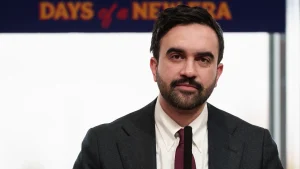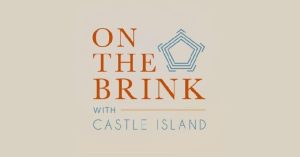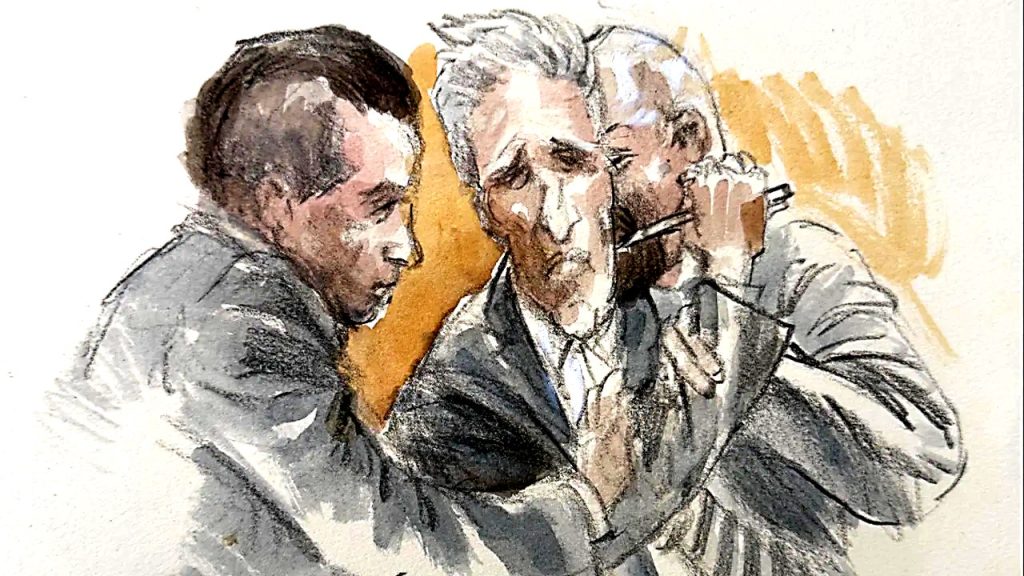Political Tensions and Global Challenges: A Closer Look at Current Events
In today’s politically charged atmosphere, tensions continue to mount between key figures in Washington as government funding negotiations collapse. Former President Donald Trump recently canceled a scheduled meeting with Senate Majority Leader Chuck Schumer and House Minority Leader Hakeem Jeffries, citing “unserious” and “ridiculous demands” as the government funding deadline approaches. This political standoff comes at a critical moment, with Trump also making headlines for mocking NATO allies, claiming they are “funding the war against themselves” through Russian energy purchases. The breakdown in communication between Trump and Democratic leadership has prompted sharp responses, with a top House Democrat firing back at what they described as Trump’s “unhinged” shutdown remarks. These exchanges highlight the deep partisan divide that continues to complicate governance and policy-making in Washington.
In a dramatic courtroom scene, Ryan Routh was found guilty on all charges related to his attempted assassination of then-presidential candidate Donald Trump at his West Palm Beach golf club last September. The verdict’s aftermath was chaotic, as Routh reportedly attempted to harm himself with a pen before being restrained by U.S. Marshals. His daughter, Sara Routh, erupted in emotional protest, standing up in the courtroom and declaring the proceedings “rigged” while the jury was still present. The incident underscores the heightened emotions and polarization surrounding political figures and the justice system. This verdict comes amid ongoing concerns about political violence and security for high-profile individuals, particularly as the nation moves deeper into another contentious election cycle.
On the global stage, Trump has taken strong positions on international issues during his appearances at the United Nations. He criticized the UN for “creating new problems” and questioned its overall role in a fiery speech at the UN General Assembly. Trump also condemned European nations that have recognized a Palestinian state, characterizing it as a “reward” for Hamas. His comments extended to NATO, suggesting that member countries should shoot down Russian jets that violate their airspace. The former president also criticized European immigration policies during his address. These statements reflect Trump’s continued skepticism toward multilateral institutions and international cooperation frameworks, consistent with the “America First” approach that defined his presidency. Meanwhile, Baltic leaders have expressed frustration with the UN Security Council, describing it as “useless” while Russia maintains a permanent seat.
Concerns about technology, privacy, and foreign influence continue to grow across various sectors. A lawsuit alleges that baby monitors marketed as safe may actually be sending data to Beijing, raising significant privacy and national security concerns. In the financial realm, the House Oversight Committee is investigating whether American retirees’ pension funds “are being used in a progressive playbook,” highlighting tensions between investment strategies and political ideologies. On a positive note for free speech advocates, Google has announced plans to reinstate banned YouTube accounts that were previously censored for political speech. These developments reflect the complex intersection of technology, privacy, politics, and international relations that increasingly shapes modern American life and policy debates.
Political realignments and cultural shifts are occurring across America, with notable developments in various states. In South Dakota, a Democratic lawmaker has switched their registration to Republican, citing “policy failures” of their former party. In the military sphere, Pete Hegseth has disbanded the Defense Advisory Committee on Women in the Services, characterizing it as promoting a “divisive agenda.” These shifts suggest ongoing realignments in American political identity and institutional priorities. Meanwhile, in New Jersey, a Democratic gubernatorial candidate faces scrutiny over questions about their net worth following the resurfacing of a viral clip. In New York City, mayoral candidate Zohran Mamdani has criticized the “absurd” pricing of World Cup tickets for the final game at MetLife Stadium, which reportedly cost around $6,000, highlighting concerns about accessibility and economic inequality even in recreational spheres.
The political landscape continues to be shaped by both personal narratives and broader policy debates. A new book has revealed intimate details about Vice President Kamala Harris, including what she reportedly “moaned” to her husband during Minnesota Governor Tim Walz’s vice-presidential debate, which the book characterizes as “disastrous.” In another personal story with political implications, analysts are examining whether Erika Kirk’s forgiveness of her husband’s killer has legal ramifications, bringing questions about the intersection of grace and justice into public discourse. These personal elements of political life remind us that behind the policies and positions are human experiences and relationships. As the nation navigates complex domestic and international challenges, these human dimensions of politics remain significant in shaping public perception and political outcomes.















